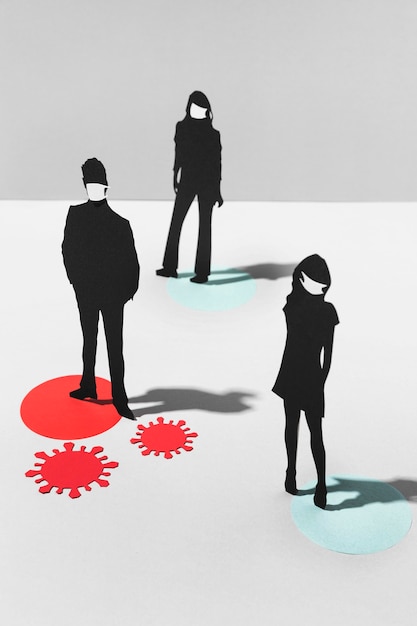
### Last month, there was a lot of hype about the world supposedly coming to an end, spurred by modern-day descendants of the ancient Mayan civilization.
For about a year, my partner and I would discuss the “what ifs” of the world ending. This topic came up often during our five-month motorcycle trip across Europe, especially during camping nights. Spending all day, every day with the same person means you need some interesting and maybe even outrageous conversations to stay entertained.
Reflecting on these chats, I started thinking about surviving a massive disaster. The kind that knocks out the internet, currency, roads, and electricity. How would I contact my family to tell them I was safe? What would we trade for food? Could we even make fire?
Returning to Guatemala, a big earthquake shook the coast. It made us ponder that while the world might not end, a significant natural catastrophe could drastically change things in our area. The Mayans predicted the end of their world, and we lived just 30 miles from one of their largest ancient cities.
So, how does this relate to you? Well, your world could change suddenly too. It might be an accident, the loss of a loved one, the need to support aging parents, or losing your job. How would you get through it?
### Do You Have Life Insurance?
If your family relies on your income, having life insurance is crucial. Nobody depends on my income, but I still have insurance to cover big hospital bills or repatriation in case I die. I wouldn’t want to be a burden to anyone. Do some research or seek advice to understand if your coverage is sufficient for your family’s needs.
### Do You Have Enough Savings?
Insurance payouts can be minimal, covering only 70% or even 50% of your last salary. Can you live on that? If not, do you have enough savings to maintain your lifestyle for a few months while you figure things out? Whether it takes three months for a job search or a full year to earn an additional degree, can you manage financially until then?
### Do You Have Skills?
The best way to weather a storm is to be self-sufficient. If we face a disaster, owning a small house, a garden, and some animals could make us relatively self-reliant. We could live off the land or trade animals for goods. But if we’re left on our own too early, we wouldn’t have the skills to butcher animals or sustain a proper garden immediately.
Think about your own situation. If you lose your job, can you handle the tasks you’re currently paying others to do? I can change my car oil, cook meals from scratch, and grow a garden (though it’s still a work in progress). I also hand wash my clothes. Can you manage household chores on your own if needed?
### Do You Have Social Capital?
I once told my partner that we were doing well with our resources near a clean water source and plenty of cattle. But if disaster struck, an open lakefront could mean vulnerability to theft or worse. Even with a significant safety net, it’s essential to have a strong community. We’ve built respect in our village by employing local people, which could be helpful in a crisis.
In an emergency, do you know your neighbors well enough to lean on them? Can you ask them to help with your kids, pets, or plants? Do you offer them help in return? Building a supportive community is one of your best assets in tough times, especially when finding paid help is not an option.
### Are You Enjoying Life Like It Might End Some Day?
A reader once commented on one of my posts about living life to the fullest, sharing a story about a customer diagnosed with a terminal illness. This man started traveling and doing everything he and his wife hadn’t done before. Then, realizing he wasn’t as ill as initially thought, he went back to his old work routine, forgetting his dreams.
It’s reminiscent of the movie “UP,” where the husband only fulfills his late wife’s dream of exploring the world in a hot air balloon after she has passed away. If you’re financially stable, enjoy life now because you never know what tomorrow might bring. If you died tomorrow, would you be satisfied with the life you’ve lived so far?
While it’s a bit of a stretch, illnesses, deaths, and other tragedies can happen unexpectedly. Hope for the best, but be prepared for the worst.
### What Are Your Thoughts? Are You Prepared for the Worst?